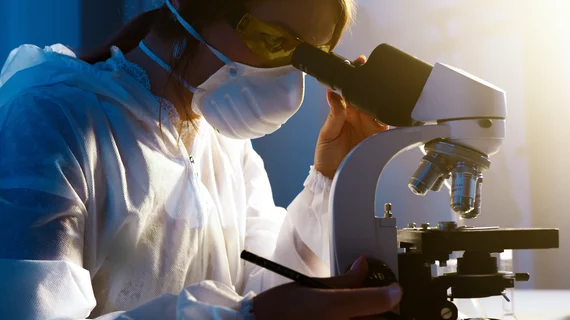Texas A&M University to lead isotope R&D trainee program with $2 million grant
Texas A&M will take the lead in the establishment of an isotope R&D, production and processing traineeship program thanks to a $2 million grant from the Department of Energy, according to a statement released today.
The university will serve as the Isotope Traineeship Coordination (ITC) site and will work in conjunction with 17 other institutions. In an effort to diversify the workforce of isotope production, eight of the 17 organizations named in the collaboration are minority-serving institutions while three are Department of Energy/National Nuclear Security Administration laboratories.
“The DOE Isotope Program supports novel isotope production and processing activities at a suite of world-class facilities throughout the federal complex and at universities,” Jehanne Gillo, director of the DOE Isotope Program, said in a statement. “To ensure a strong and innovative program in the future, it is critical to nurture a broad and diverse workforce.”
The DOE Isotope Program produces isotopes that may be in short supply in both medicine and the national security system. The two-year reward aims to increase knowledge of and exposure to this program and isotope science, as well as expedite the professional paths of junior scientists seeking a career in the field. These efforts are expected to help support the isotope workforce and contribute to the security of our nation, according to the DOE statement.
It was also announced in the statement that 20 undergraduate and 10 graduate students will be recruited from the team of institutions for the program. Participants will be educated in all aspects of isotope science and production within the DOE Isotope Program and receive peer-to-peer mentorship and career advancement training.
You can read the full release here.

